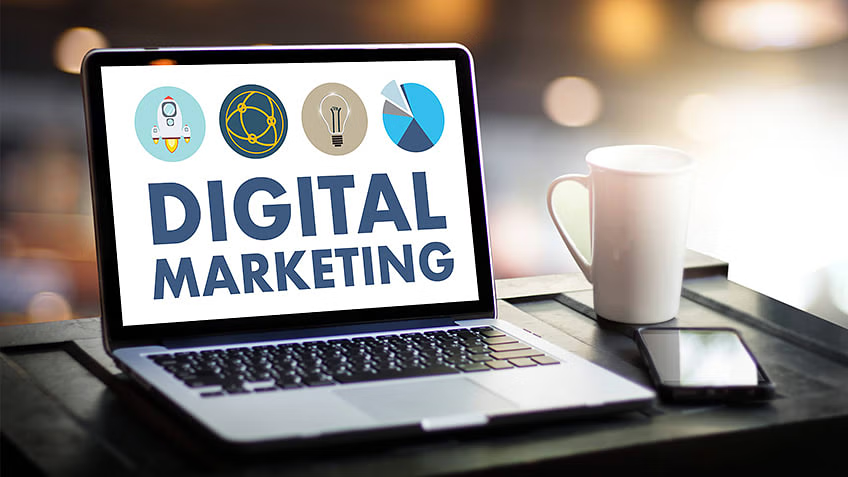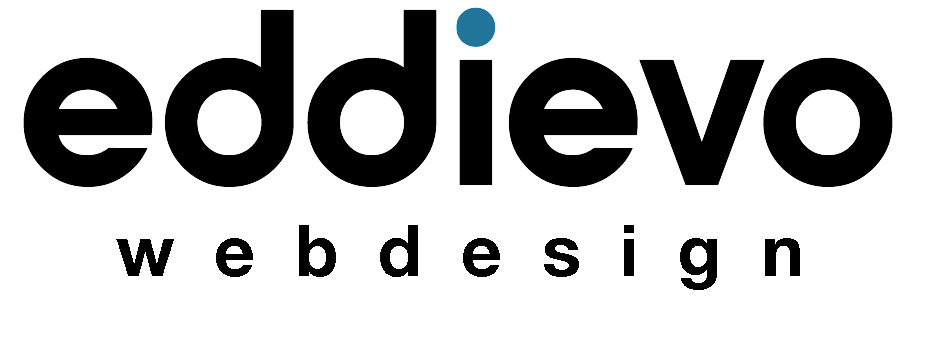Effective Strategies for Digital Marketing
Digital marketing has revolutionized how businesses reach and engage with their target audiences in the digital age. From social media and content marketing to SEO and email campaigns, effective digital marketing strategies are essential for driving traffic, generating leads, and increasing conversions. In this comprehensive guide, we’ll explore proven strategies that can help businesses maximize their digital marketing efforts and achieve measurable results.

1. Search Engine Optimization (SEO)
Search Engine Optimization (SEO) is the process of optimizing your website to rank higher in search engine results pages (SERPs) organically. Focus on keyword research, on-page SEO (optimizing meta tags, headings, and content), and off-page SEO (building quality backlinks) to improve visibility and attract targeted traffic from search engines like Google. Regularly update your content and monitor SEO metrics to adapt to algorithm changes and maintain high rankings.
2. Content Marketing
Content marketing involves creating and distributing valuable, relevant, and consistent content to attract and retain a clearly defined audience. Develop a content strategy that includes blog posts, articles, videos, infographics, and ebooks that address your audience’s pain points and interests. Use storytelling, educational content, and engaging visuals to build brand authority, increase brand awareness, and drive organic traffic to your website.
3. Social Media Marketing
Harness the power of social media platforms like Facebook, Instagram, Twitter, LinkedIn, and Pinterest to connect with your audience and promote your brand. Develop a social media strategy that includes regular posting, engaging with followers, running targeted ads, and leveraging influencers. Use analytics tools to measure engagement metrics, track ROI, and optimize your social media campaigns for maximum impact.
4. Email Marketing
Email marketing remains one of the most effective digital marketing channels for nurturing leads and driving conversions. Build an email list of subscribers who have opted in to receive communications from your brand. Segment your email list based on demographics, behavior, and interests to deliver personalized content and targeted offers. Use compelling subject lines, mobile-friendly designs, and clear CTAs to encourage opens, clicks, and conversions.
5. Pay-Per-Click (PPC) Advertising
PPC advertising allows businesses to bid on keywords and display ads in search engine results and on websites. Platforms like Google Ads and Bing Ads offer robust targeting options to reach your ideal audience based on demographics, interests, and behaviors. Develop targeted ad campaigns, optimize ad copy and landing pages, and track key metrics such as click-through rates (CTR) and conversion rates to maximize ROI and achieve business goals.
6. Video Marketing
Video marketing has gained popularity as a powerful tool for engaging audiences and conveying messages effectively. Create engaging and informative videos that showcase your products or services, share customer testimonials, or provide educational content. Publish videos on platforms like YouTube, Facebook, Instagram, and LinkedIn to increase brand awareness, drive traffic, and enhance user engagement.
7. Influencer Marketing
Influencer marketing involves partnering with influencers who have a loyal following and influence over your target audience. Identify relevant influencers in your industry or niche and collaborate on sponsored content, product reviews, or brand endorsements. Leverage the credibility and reach of influencers to build trust, expand your reach, and drive conversions among their followers.
8. Marketing Automation
Marketing automation tools streamline repetitive tasks and workflows, such as email campaigns, lead nurturing, and social media scheduling. Implement marketing automation to personalize customer interactions, nurture leads through the sales funnel, and track customer journeys across multiple touchpoints. Use data-driven insights to automate personalized messages and improve overall campaign efficiency and effectiveness.
9. Analytics and Data-driven Insights
Measure the success of your digital marketing efforts using analytics tools like Google Analytics, Facebook Insights, and email marketing platforms’ built-in analytics. Track key performance indicators (KPIs) such as website traffic, conversion rates, ROI, and customer acquisition costs. Use data-driven insights to optimize campaigns, identify trends, and make informed decisions to continuously improve your digital marketing strategies.
10. Customer Experience Optimization
Focus on optimizing the overall customer experience (CX) across all digital marketing channels. Provide seamless navigation, personalized content recommendations, fast loading times, and responsive customer support. Monitor customer feedback, reviews, and satisfaction metrics to identify areas for improvement and deliver exceptional experiences that foster loyalty and advocacy.
Implementing Effective Digital Marketing Strategies
By integrating these proven digital marketing strategies into your overall marketing plan, you can effectively reach and engage your target audience, drive meaningful interactions, and achieve your business objectives. Stay agile and adapt your strategies based on industry trends, consumer behavior, and technological advancements to maintain a competitive edge in the dynamic digital landscape. Explore our comprehensive digital marketing services to elevate your brand’s online presence and drive sustainable growth.

